PBS “Nature” 2010-11 Premiere Features Dr. David E. Guggenheim’s Work in Cuba
With the episode, “Cuba: The Accidental Eden,” the 2010-11 season premiere of the acclaimed PBS series, “Nature” features Dr. David E. Guggenheim, along with other Cuban and American colleagues. The episode can be viewed in its entirety online (see below) and is now available on DVD and Blu-ray disc.
From Partisan Pictures: Cuba may have been restricted politically and economically for the past 50 years, but its borders have remained open to wildlife for which Cuba’s undeveloped islands are an irresistible draw. While many islands in the Caribbean have poisoned or paved over their ecological riches on land and in the sea in pursuit of a growing tourist industry, Cuba’s wild landscapes have remained virtually untouched, creating a safe haven for rare and intriguing indigenous animals, as well as for hundreds of species of migrating birds and marine creatures. Coral reefs have benefited, too. Independent research has shown that Cuba’s corals are doing much better than others both in the Caribbean and around the world.
Scientific research in Cuba on creatures such as the notoriously aggressive ?jumping? crocodile, and the famous painted snails, paired with long-term ecological efforts on behalf of sea turtles, has been conducted primarily by devoted local experts. Conservation and research in Cuba can be a constant struggle for scientists who earn little for their work. But their work is their passion, and no less important than that of those collecting larger salaries. NATURE follows these scientists as they explore the crocodile population of Zapata swamp, the birth of baby sea turtles, and the mysteries of evolution demonstrated by creatures that travel no more than 60 yards in a lifetime.
As the possibility of an end to the U.S. trade embargo looms, Cuba’s wildlife hangs in the balance. Most experts predict that the end of the embargo could have devastating results. Tourism could double, and the economic development associated with tourism and other industries could change the face of what was once a nearly pristine ecosystem. Or Cuba could set an example for development and conservation around the world, defining a new era of sustainability well beyond Cuba’s borders.
“Cuba: The Accidental Eden” premiered Sunday, September 26, 2010 on PBS
[iframe width=”512″ height=”376″ src=”http://video.pbs.org/viralplayer/1598230084?chapter=1″ frameborder=”0″ marginwidth=”0″ marginheight=”0″ scrolling=”no” ]
Watch the full episode. See more Nature.
Learn More
- Behind the Scenes: OMG, I Thought You Were Dead!
- Read posts about our work in Cuba
- The Ocean Doctor Radio Show: Jacques Cousteau, Fidel Castro and Cuba’s Undying Passion for the Sea
[amazon-product align=”center”]B00405DUZI[/amazon-product]

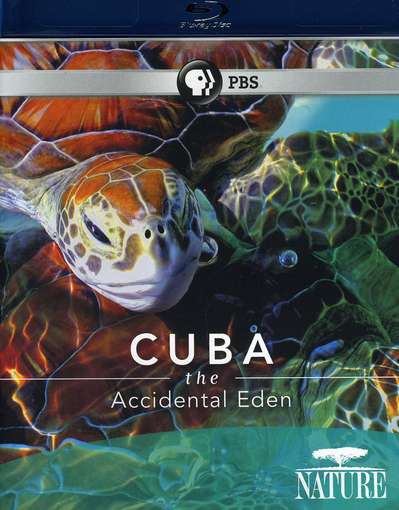
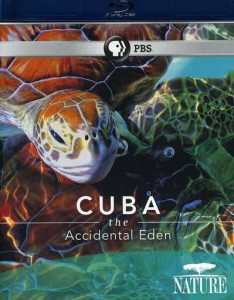
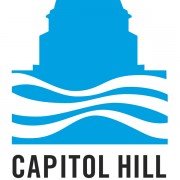
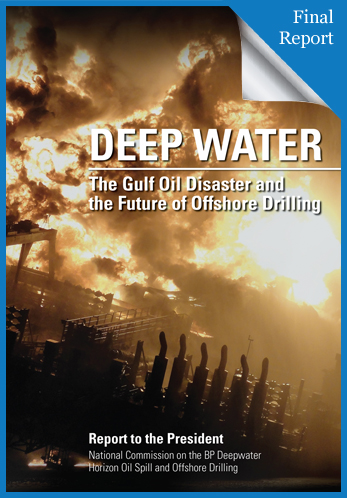
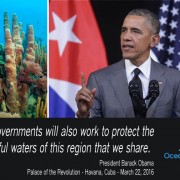
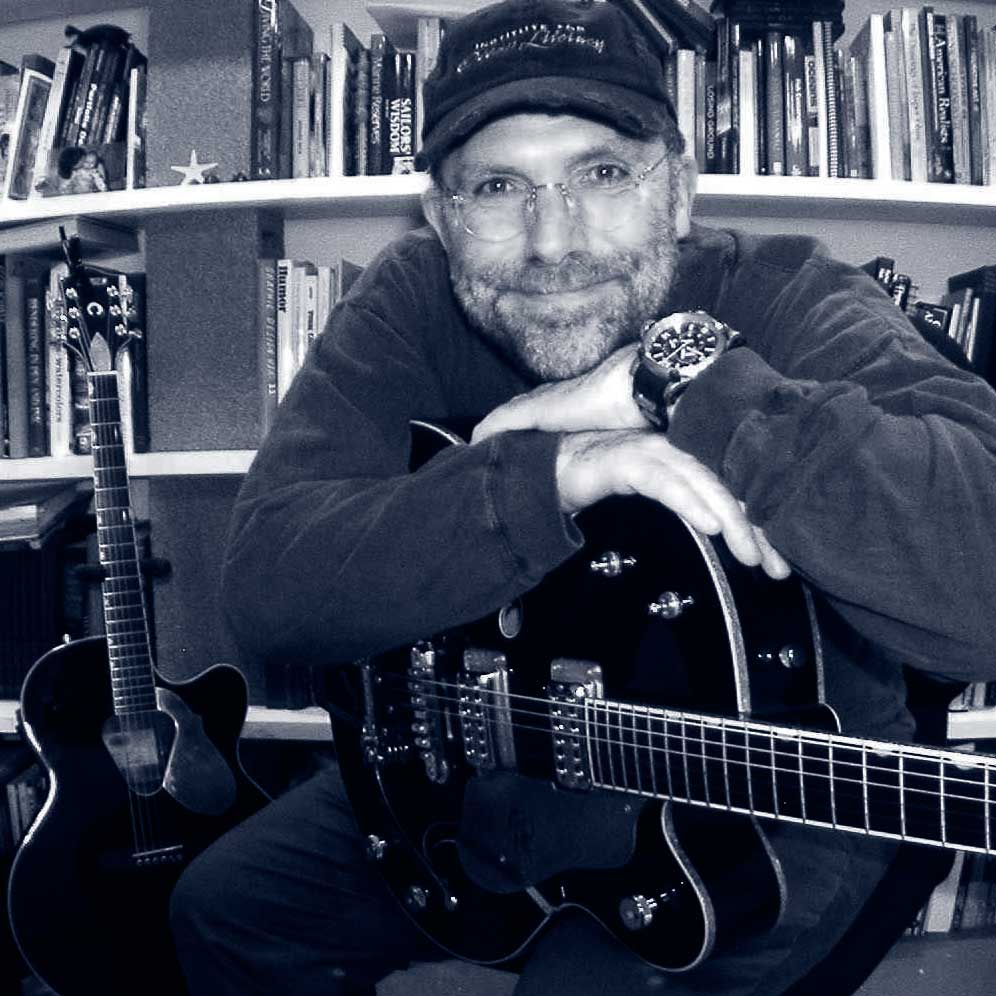
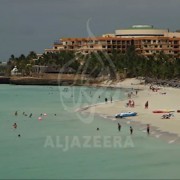
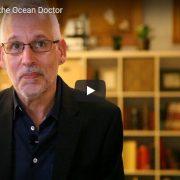

What a bizarre piece of propaganda! To call Cuba ‘isolated from the rest of the world’ is about like saying New York City is one of last refuges from human population! Cuba is the only Caribbean country with a international political policy…one which many consider instrumental in bringing about the end of apartheid in South Africa; Cuba sends more doctors overseas then any other country—of any size! Cuba has the highest percentage of Olympic metal winners per population of any country…and it’s the world center for sustainable/organic farming—and on, and on. It’s very discouraging to see PBS caving to the U.S. propaganda machine, even as it produces a program that should be the perfect neutral ground for understanding this remarkable country (Cuba).